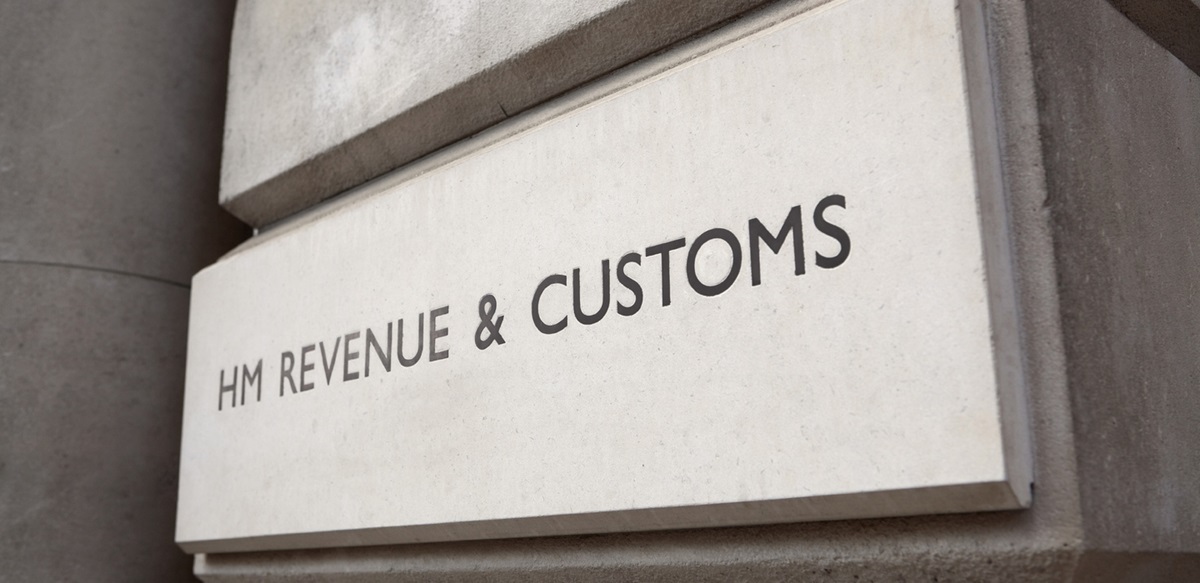The solution
We successfully established the first collective action of its type to bring a judicial review and won an interim injunction preventing HMRC from enforcing the notices in the meantime.
Our approach was developed with the express intention of ensuring that the affected taxpayers were not over-burdened with a further layer of legal fees.
The legal challenge had five innovative characteristics:
- Identifying the scheme most likely to be targeted. This required true, specialised and in-depth understanding of the tax landscape.
- A proactive approach to engaging with the problem and developing a solution. This required a significant up-front investment of time and effort before a penny had been paid by any client.
- Identifying members of the scheme through Companies House records and writing to them directly with a proposed solution.
- Structuring and funding of the action. Few taxpayers have the means to take on the might of HMRC as individuals. However, by sharing the risk and also obtaining litigation funding, the burden on individuals was significantly reduced.
- Framing the actual litigation strategy. Judicial review funded through a collective of this type was unprecedented in this arena.
The strategy was very much to challenge the notion that government has the power to overturn natural justice.
The result
As a result of this challenge there was a full and proper examination of issues linked to the reach of the powers of the Exchequer.
Scheme members presented with hefty bills won the time and space to organise their affairs. APNs against them can no longer be enforced until legal proceedings are completed.
Subsequently, a number of promoters and investors approached the firm to launch judicial reviews in their cases. We are not aware of any judicial review actions being brought in this way prior to this case. There are, however, many which have a similar format to them since.
This case has arguably provided the inspiration and confidence to others seeking to bring crowdfunded judicial reviews.
